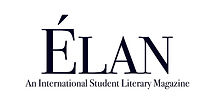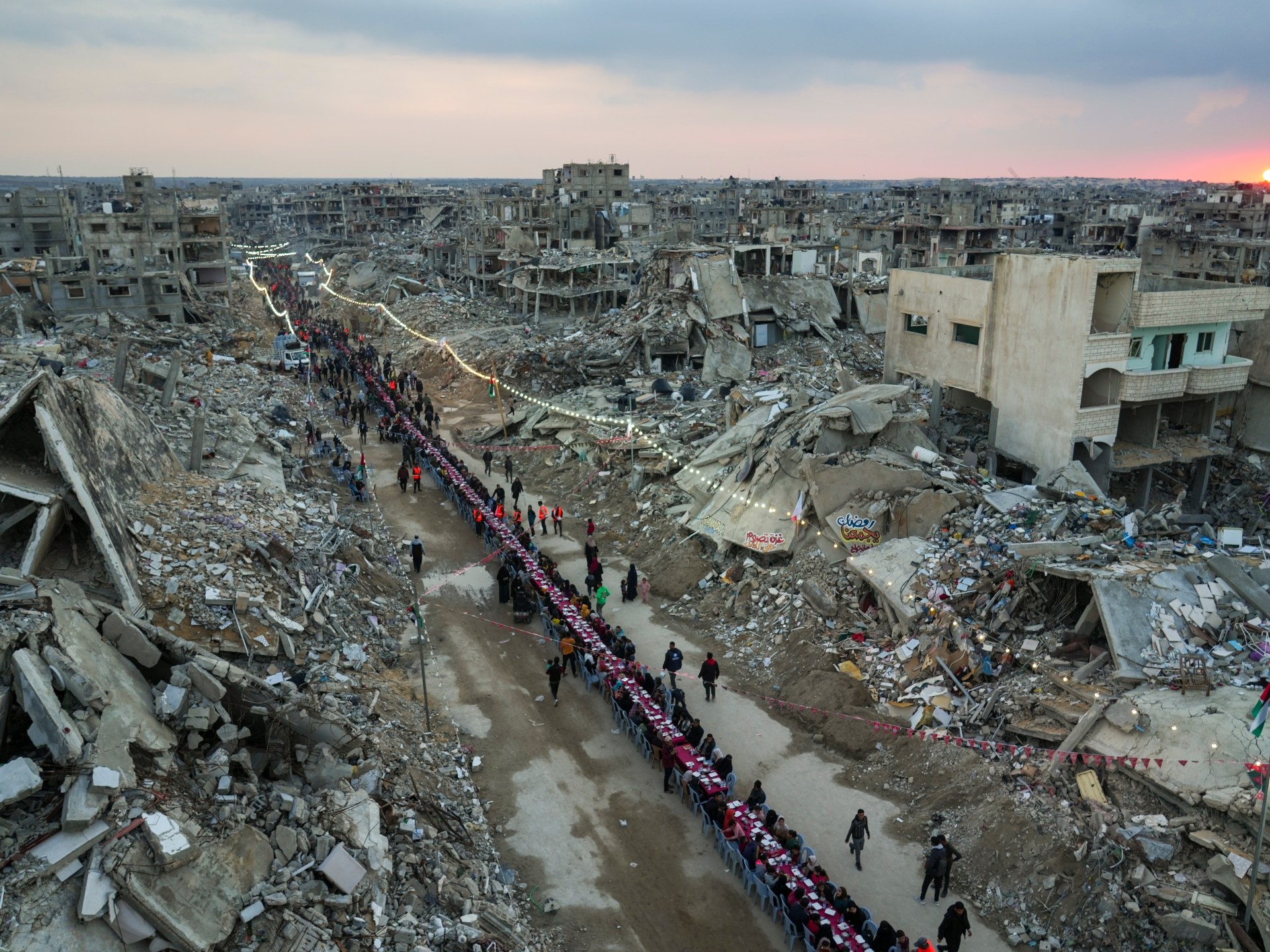Faith in Diversity Newsletter - 3.6.25 - Hunger

Last Thursday, I attended my daughter’s public reading for her Creative Writing program at her arts high school. She read an excerpt from a creative non-fiction piece she wrote about attending a Ramadan iftar over a decade ago, as a toddler, with her mother and I. This is a legendary story, retold with relish every year as we return to break fast with our Muslim friends Sel and Angie. The joke goes, the broken vase did not get us uninvited. You can read my daughter's full piece, "An Open Door", to learn more about this story and Ramadan:

Sel and Angie have become local celebrities for the best reason: their hospitality. From those early iftars with assorted friends, they now host over a dozen iftars during Ramadan, most in their own home, with hundreds of people, new friends, immigrant and U.S. born, teachers and city council members, first responders and their kids running around, though word is out on whether there has been more property damage. They would easily forgive, as Lila notes. They are endlessly generous, in welcoming guests into their home and sharing their religion. And their immigrant story as well - Sel is Turkish, Angie is Filipino, and their path to finding a home and security in Jacksonville was not easy. They understand what it is like to hunger.
And this is just what Muslims will tell you about Ramadan, when they fast from food and even water from sunrise to sunset, as a way to grow closer and more reliant on God, but also to remember those who have no choice in their hunger. This year, due to how important the Palestinian cause is to Muslims, Gaza is foremost in many minds, where Muslims gather to break fast in the ruins.

Fasting is a spiritual practice across many religions. One of my wife’s favorite traditions in her Jewish tradition is the fasting and repentance day of Yom Kippur. In Hinduism, fasting is Vrata, an opportunity to purify the body and mind.
Fasting is especially on the minds of Christians as Lent began this week. My older daughter and son and I always attend an Ash Wednesday service, and have ashes imposed on our foreheads. The most familiar refrain of this observance is, “You are dust and to dust you will return”. Lent is a time to fast and repent of sinful ways and stay in touch with our mortality. But another familiar scripture, which we heard read on Wednesday night, reminds us just what kind of fast God prefers:
Is such the fast that I choose, a day to humble oneself? Is it to bow down the head like a bulrush and to lie in sackcloth and ashes? Will you call this a fast, a day acceptable to the LORD?
Is not this the fast that I choose: to loose the bonds of injustice, to undo the straps of the yoke, to let the oppressed go free, and to break every yoke?
Is it not to share your bread with the hungry and bring the homeless poor into your house; when you see the naked, to cover them and not to hide yourself from your own kin?
Then your light shall break forth like the dawn - Isaiah 58:5-8
For the Christian, the fast is not a ritual for the sake of ritual. It is a ritual for the sake of justice and compassion. It is a hunger to remember the hunger of those who have no choice in the matter.
It felt fitting to hear these words at St. Mary’s Episcopal Church and Outreach, in our neighborhood of Springfield, just north of downtown Jacksonville, which serves 1000 individuals and families per month through a food pantry.
Some churches have even waded into trouble with local municipalities in order to stay faithful to the call to feed the hungry. One Oregon church won a lawsuit a year ago over being restricted from feeding their unhoused neighbors. They realized a city law would inhibit their ability to be faithful, so they filed suit on religious freedom grounds and won. Other congregations have taken similar stands.
Several weeks ago, while preaching, I reflected that I don't think I have ever been involuntarily hungry in my life. There are too many people for whom hunger is more than an isolated experience. There are too many famines in a world filled with food and billionaires. There are too many war zones where malicious militaries use food or lack of food as a weapon. Far from being a matter of common humanity, a matter of unity and compassion, hunger is one of the most controversial matters in our world.
But Muslims will remember this month, as we are hungry, so we should feed those who are hungry. Christians will remember this month that just as our Lord felt hunger when he fasted, so some feel hunger through no choice of their own and it is no less than Christian discipleship to feed the hungry, even when it makes people mad. And people of good conscience, of any religion and none, will think this month, as they always do, of how we can feed a hungry world. There is enough, if only we learned how to share.
Paid subscribers can visit this newsletter on the website to add comments! I am always interested to hear what you think and discuss further.
For any feedback, reach out to me by email at: faithindiversityproject@gmail.com
Thank you for subscribing and see you next time! ~ Matt

